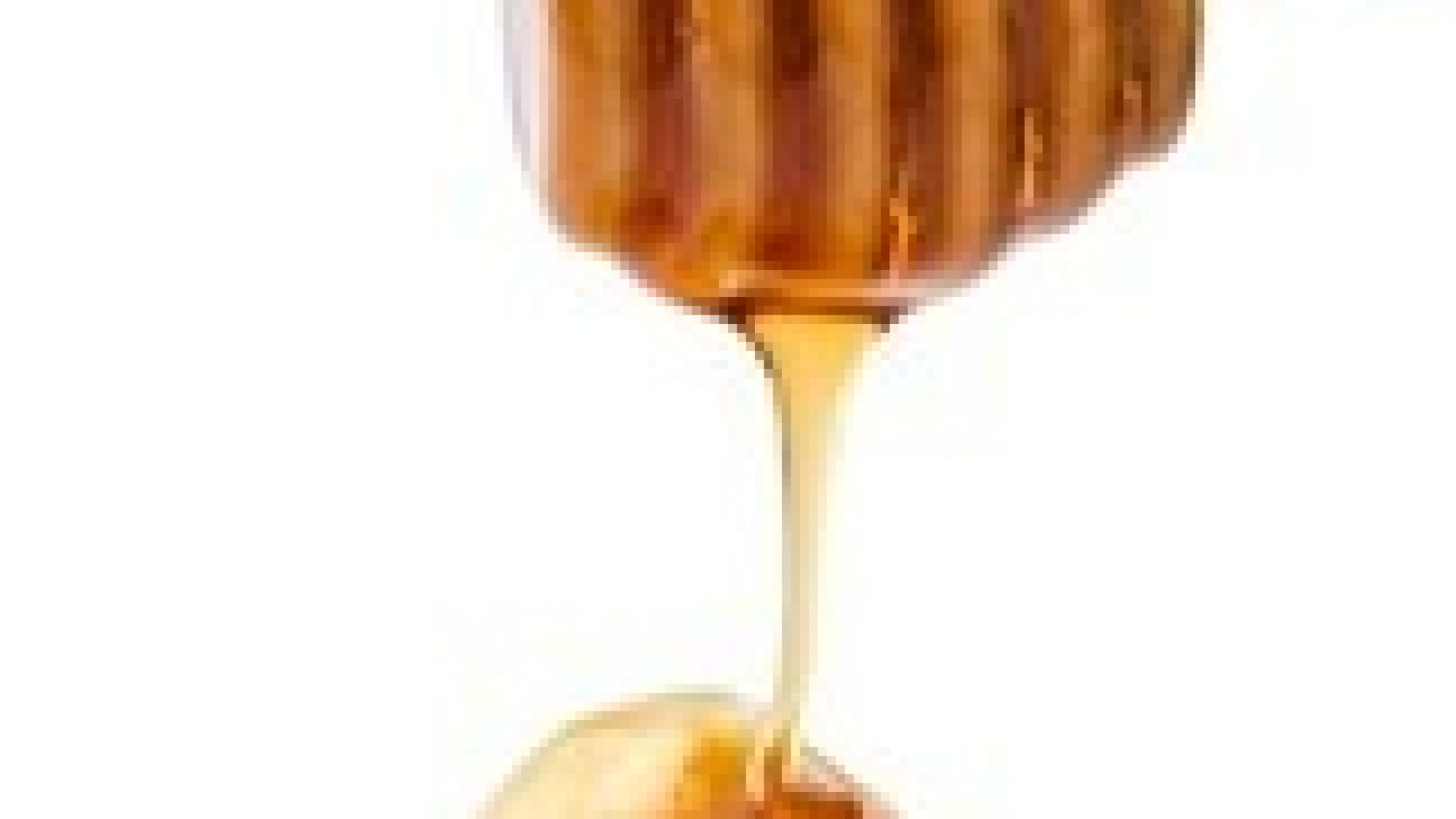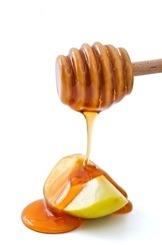Inscribed in the Book of Life
Today is the holiday of Rosh Hashana, the Jewish New Year. Rosh Hashanah, in Hebrew, means the “head of the year,” and unlike the big party time of December 31st, this new year celebration is actually a time for personal introspection and prayer. It is the start of a period called the “Ten Days of Repentance,” which ends with the holiest day of the year for Jews—Yom Kippur, the Day of Atonement.
Rosh Hashana is more than just the celebration of the new year and a time to make a new start, it is also the anniversary of the birth of mankind—the creation of Adam and Eve—and thus celebrates the special relationship between humanity and G-d. Kabbalists, the “mystic” Jews, teach that the very existence of the universe depends upon our accepting G-d’s intimate relationship with each of us individually as well as collectively.
One of the main parts of the holiday is the sounding of the shofar, a ram’s horn, which represents both the coronation of G-d the King as well as a call to repentance. In biblical times, the blowing of the ram’s horn was also used to announce the new moon, war, and holidays. And like all holidays, this one has special food associated with it—in particular, a piece of apple dipped in honey symbolizes the desire for a sweet year. Challah, braided bread, is made with extra sugar at this time, and tzimmes, a sweet mix of carrots, cinnamon, yams, prunes, and honey is eaten.
The second day of Rosh Hashana frequently includes a service that takes place outdoors, preferably near a lake, river, or the sea, where certain prayers are said and sins are symbolically cast into the water.
Part of the process of spiritual growth is taking time to reflect on who you are and what you’ve done over the past year (or many years if you don’t do some sort of yearly practice like this). It is a way to clear your emotional body of regrets, guilt, shame, anger, bitterness, or any other dark feelings that have accumulated in you, the same emotions that if stored for too long in your body can wind up making you sick or creating some other kind of chaos in your life.
If there is no prescribed period for deep introspection in your religious and/or spiritual tradition, consider creating your own time to wipe your inner slate clean and start anew, to forgive others and seek repentence for whatever you have done to or thought about others. Think about including some sort of sound healing (like the blowing of the shofar) and use of one of the four elements—earth, air, water, and fire—to symbolically release your “sins” and find at-one-ment.
Leshana tova tekatev v’techatem.
May you be inscribed in the Book of Life for a good year!


